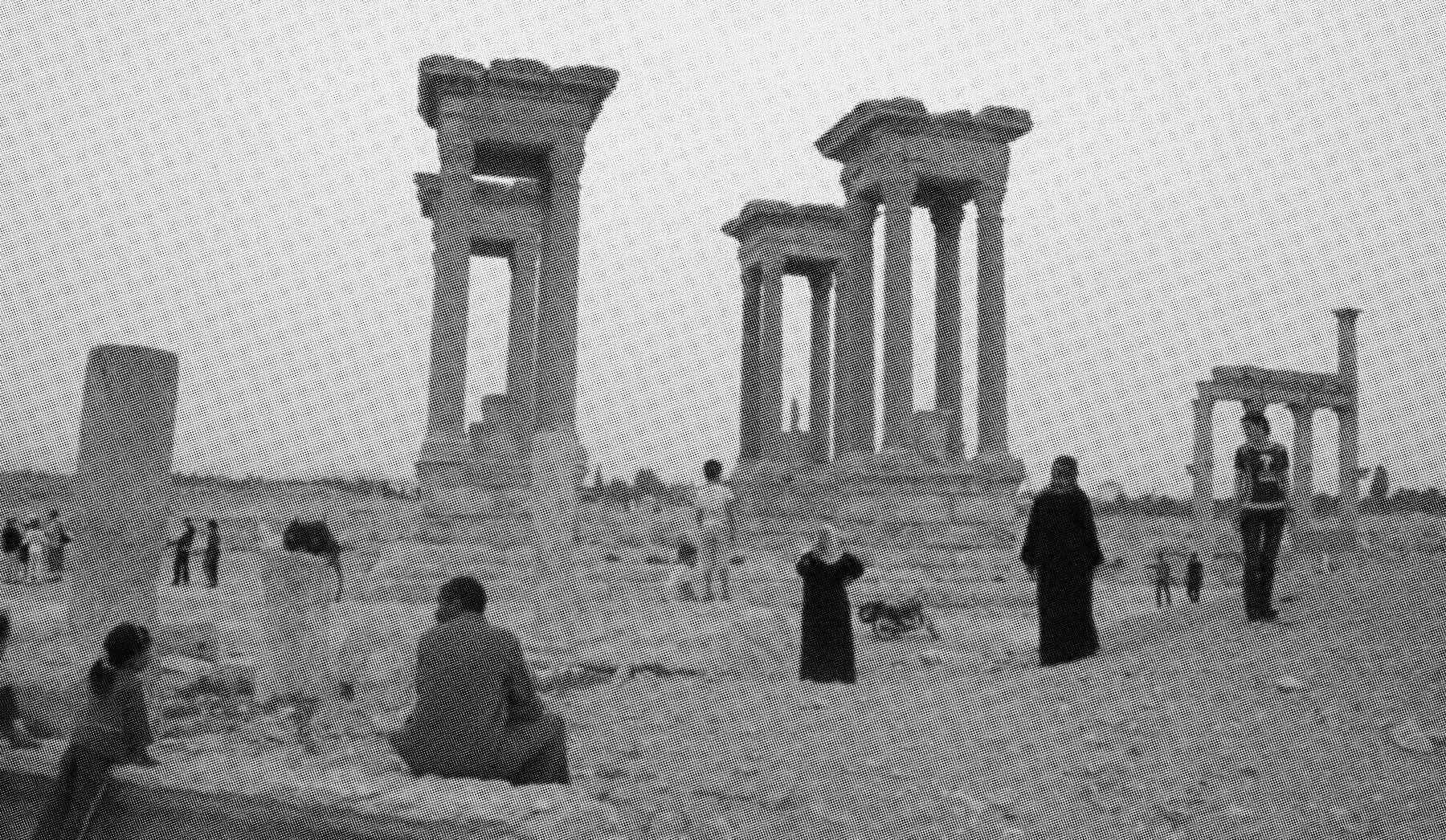
The Syrian Crisis
Background
In March 2011, thousands of Syrians took to the streets in the southern city of Daraa. Their cause was just and uncontroversial: to demand the release of 12 to 15 local schoolboys, arrested and tortured by security forces operating in the area. The boys’ sole transgression was graffitiing the Arab Spring slogan “The people want the regime to fall (الشعب يريد إسقاط النظام)”.
The Syrian government’s brutal crackdown against the Daraa protesters would spark a mass popular uprising, and propel the country into a savage and protracted armed conflict that has since claimed half a million lives, led to the displacement of over ten million Syrians, and reduced entire cities to rubble. Those obscure lines of graffiti, the precursors to every revolutionary demand ranging from democratic reform to equal rights for Kurds, have been repaid with ten years of bloodshed and “the world’s largest humanitarian crisis since World War II.”
Serious human rights violations and international crimes have characterized the Syrian conflict since the very beginning, with some of the most flagrant patterns including the use of chemical weapons, torture in detention, destruction of schools and hospitals, and collective punishment in the form of siege warfare. In 2018, the Independent International Commission of Inquiry for Syria (COI) published “I lost my dignity”, a landmark report that revealed widespread sexual and gender-based violence perpetrated by all parties to the conflict.
History and overview
In 2019, as a result of its grassroots engagement in Lebanon with Syrians, LAW began working on the Syrian context, building a programme rooted in the Middle East and serving the largest Syrian refugee communities, that responds to survivors of gendered crimes demands for justice and accountability.
In the initial phase of the programme in 2020, LAW mapped 38 Syrian survivors’ groups in Syria, Lebanon, Jordan, Turkey, and Iraq to understand their justice goals and accountability needs. The preliminary assessment identified: (1) access to legal documentation, including civil registration, academic records, and housing, land, and property documents; (2) assisting families of the missing and disappeared; (3)addressing gendered crimes and human rights violations, including conflict related sexual violence; and, (4) protecting particularly at-risk survivors facing intersectional and layered vulnerabilities, such as members of the LGBTQI+ community.
Law built its Syria programme to directly respond to these goals and needs. To do this, LAW embarked on a three-prong approach: (1) continuing its engagement with survivors groups and grassroots Syrian organisations; (2) working with Syrian human rights lawyers, activists, and advocates, including through capacity building efforts; and, (3) combining the former two prongs to implement and advance tailor-made justice strategies through a survivor-centered approach.
2020
In 2020, LAW began working with 41 Syrians who were seeking information on the truth and whereabouts of loved ones who disappeared during the conflict. To this end, LAW submitted 477 pages of testimonial evidence to the UN Working Group on Enforced or Involuntary Disappearances, asking for its assistance. Simultaneously, LAW produced a policy brief outlining the unique impact of enforced disappearances on Syrian children.
“Frankly, progress on this file has been vastly insufficient, to the frustration of many Syrians, inside and outside Syria. So many Syrians remain detained, abducted or missing, and so many families still desperately seek information on the fate of their loved ones.” Geir Pederson, UN Special Envoy for Syria.
Listen to the families’ stories below (pseudonyms used):
Zahia’s story:
Farida’s story:
Alia’s story:
2021
In 2021, LAW provided legal representation to 20 survivors of deportation, persecution, sexual violence, and torture, as they sought to open an International Criminal Court investigation into cross-border international atrocity crimes in Syria-Jordan. Over the past two years, LAW has added 19 new survivors to the casefile and has begun seeking a state party referral of the situation by a Rome Statute State Party to the Court’s Office of the Prosecutor.
2022-2023
In terms of capacity building, LAW has conducted strategic lawyering trainings in Jordan, Iraq, and Turkey for 93 legal practitioners as well as human rights advocates and activists. A select few of these individuals are mentored by LAW long term and directly assist in the collection of evidence and development of casefiles. As part of its partnership and mentoring efforts, in 2022 LAW assisted in producing a ground-breaking, survivor-led call to action to address sex and gender-based violence in Syria.
LAW continues to work on other sensitive justice initiatives for Syrians as well. In total, LAW represents 145 Syrian survivors and has provided legal aid to 268. In advance of its accountability efforts, LAW has submitted to various mechanisms over 1200 pages of testimonial evidence.
Latest in The Syrian Crisis
View all-
Brief
Policy Paper: An Untapped Justice Opportunity for Syria
Accountability & Rule of Law - Syrian Crisis - Advocacy
-
Event
Syria and the International Justice System
Accountability & Rule of Law - Syrian Crisis - Advocacy - Technical Assistance
-
In the press
Just Security: Syrian Torture Victims Deserve a Hearing Before the ICJ
Accountability & Rule of Law - Syrian Crisis - Advocacy
